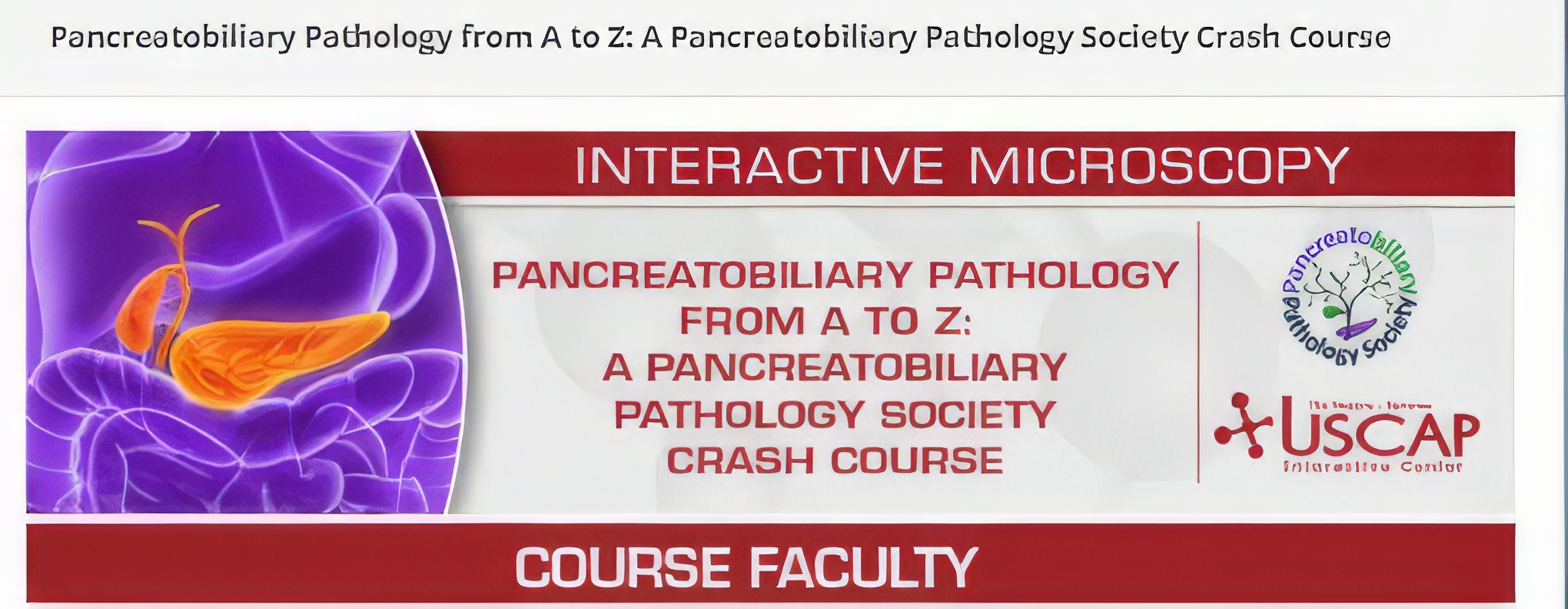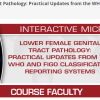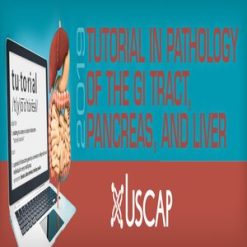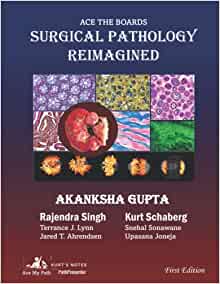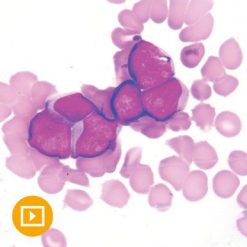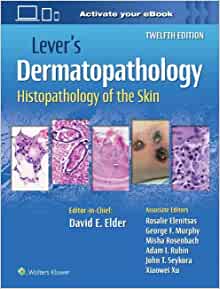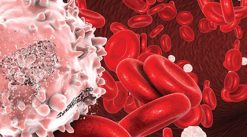USCAP Pancreatobiliary Pathology from A to Z: A Pancreatobiliary Pathology Society Crash Course 2025
$95,00
This Product is shared via google drive download link, So please share your correct Gmail id while placing the order .Please note that there are no CME points or certificate associated with this course Samples for Courses Can be found here : Free Samples Here!
Original release date: June 11, 2025
Access to this course expires on: May 19, 2028 at 11:59 PM Pacific Time
CME 13.25
Course Description
Embark on an illuminating journey through the intricate world of pancreatobiliary pathology with the comprehensive course – Pancreatobiliary Pathology from A to Z. Developed in collaboration with the esteemed Pancreatobiliary Pathology Society, this intensive course offers an in-depth exploration of the complexities of cytologic and surgical pancreatobiliary specimens. The case-based course will review foundational principles and diagnostic techniques in all aspects of pancreatobiliary pathology, including when in the gross and frozen section rooms. Covering recent changes in terminology, grading, and classification guidelines for numerous pancreatobiliary neoplasms, this course will take your pancreatobiliary pathology knowledge to new heights. This course will be of particular interest to cytopathologists, surgical pathologists, and anatomic pathology trainees.
This course is a collaboration between the Pancreatobiliary Pathology Society (PbPath) and USCAP.
Target Audience
Practicing academic and community pathologists, and pathologists-in-training
Learning Objectives
Upon completion of this educational activity, learners will be able to:
- Know the cytologic and histo-morphologic spectrum of cystic and solid lesions of the pancreas.
- Understand new terminology, classification, and management guidelines for neoplastic mucinous cysts (IPMN, MCN) and non-mucinous intraductal lesions (IOPN, ITPN).
- Become familiar with newly updated grading methods for neuroendocrine neoplasms; judiciously use immunohistochemistry to recognize and classify NENs (including classical, grade discordant, and ambiguous types)
- Know the morphologic spectrum of neoplastic biliary lesions, including flat [biliary intraepithelial neoplasia (BiI-IN)] and tumoral intraductal papillary neoplasms (IPN-B) and adenocarcinoma and appropriately work up and diagnose carcinoma on limited samples.
- Recognize the morphology of inflammatory changes in the biliary tract specimens.
Continuing Medical Education
This activity has been planned and implemented in accordance with the accreditation requirements and policies of the Accreditation Council for Continuing Medical Education (ACCME) through the joint providership of the United States and Canadian Academy of Pathology (USCAP) and the Pancreatobiliary Pathology Society. The USCAP is accredited by the ACCME to provide continuing medical education for physicians.
Items Included
-
1.Solid Lesions of the Pancreas Including Pancreatic Ductal Adenocarcinoma, Mesenchymal Tumors, Secondary Tumors and Pancreatitis – Olca Basturk, MD
-
2. Frozen Section Evaluation for Pancreatic Resections – Huamin Wang, MD, PhD
-
3. Grossing of Pancreatobiliary Specimens – Huamin Wang, MD, PhD
-
4. Cytopathology of Solid Pancreatic Lesions – Michelle L. Reid, MD, MSc
-
5. WHO are the Pancreatic Neuroendocrine Neoplasms – Grace E. Kim, MD
-
6. Intraductal and/or Cystic Lesions of the Pancreas – Olca Basturk, MD
-
7. Neoplastic and Inflammatory Lesions of the Ampulla of Vater and Extrahepatic Bile Ducts – Yohan Yeh, MD, PhD, FRCPath
-
8. Cytopathology of FNAs and Small Biopsies of Cystic and/or Intraductal Pancreatobiliary Lesions – Michelle L. Reid, MD, MSc
-
9. Inflammatory, Dysplastic and Neoplastic Lesions of the Gallbladder – Yohan Yeh, MD, PhD, FRCPath
-
10. FREE SECTION: Panel Discussion
Related products
INTERNAL MEDICINE

